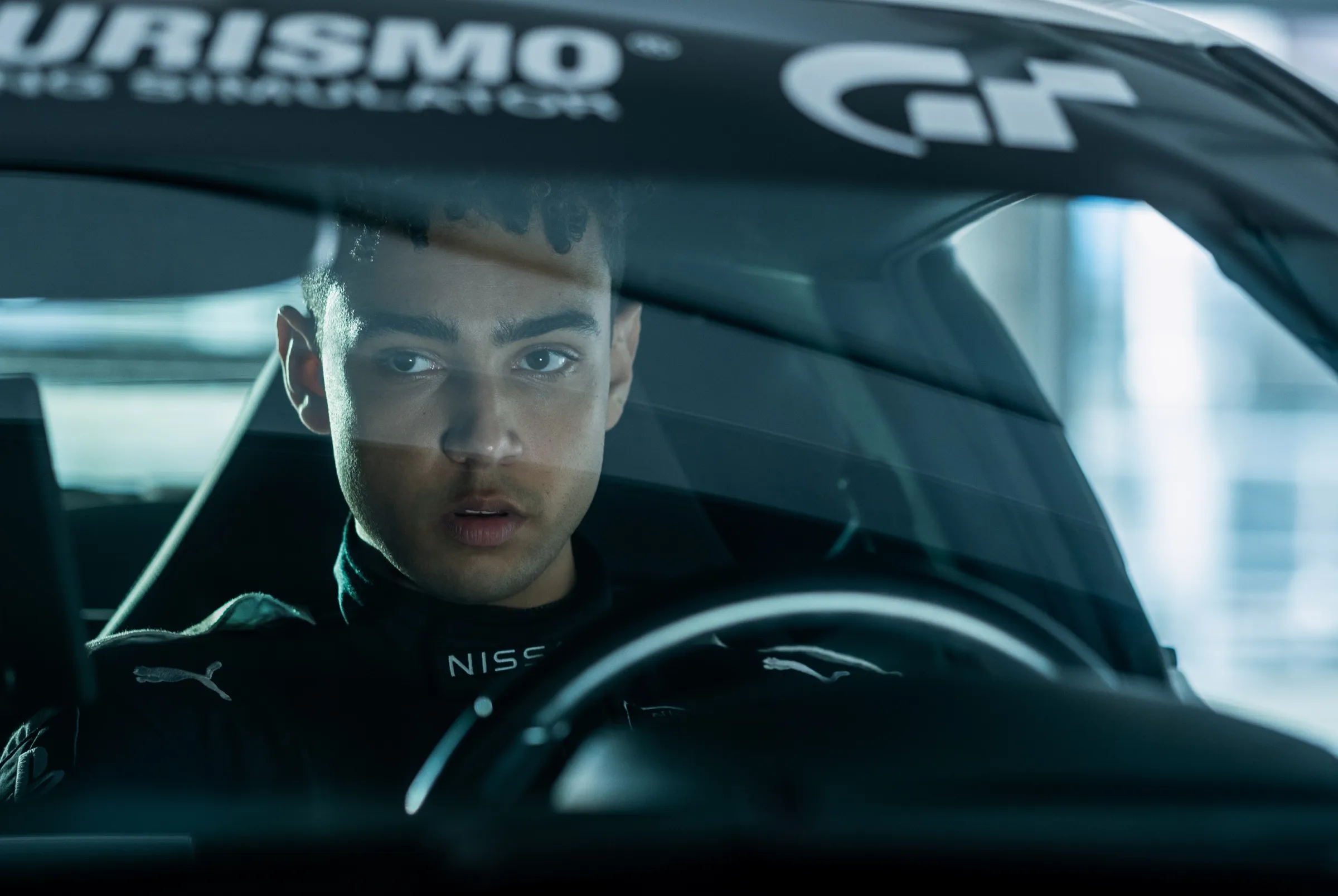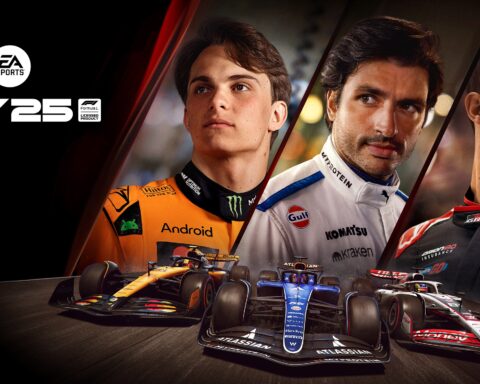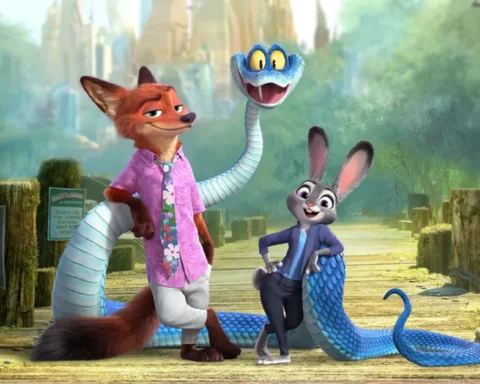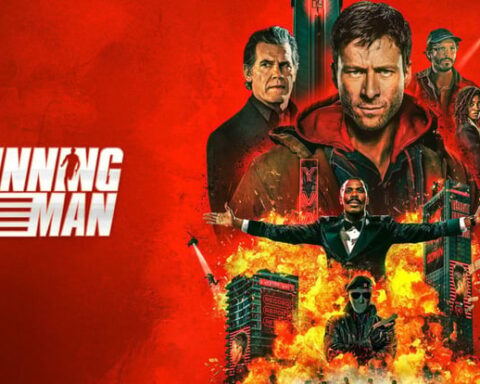In an era where video game-to-movie adaptations often feel like rushed cash grabs or nostalgic nods to aging franchises, Gran Turismo stands apart. Directed by Neill Blomkamp and released in 2023, the film is more than just a faithful tribute to the legendary racing simulator of the same name—it is a gripping underdog story rooted in truth, passion, and the radical idea that talent knows no boundaries.
With strong performances, exhilarating race sequences, and a compelling narrative, Gran Turismo has not only redefined what a “video game movie” can be but also inspired a generation of dreamers to believe that greatness isn’t limited to the traditional path. It’s a film that celebrates breaking molds, overcoming expectations, and chasing the impossible—on and off the track.
Now streaming, many viewers may regret missing it on the big screen, where the roar of the engines and the immersive realism could truly shine. But even at home, Gran Turismo remains a must-watch. Let’s dive into what makes this film so special—from its real-life roots and cinematic brilliance to the deeper message of breaking boundaries.
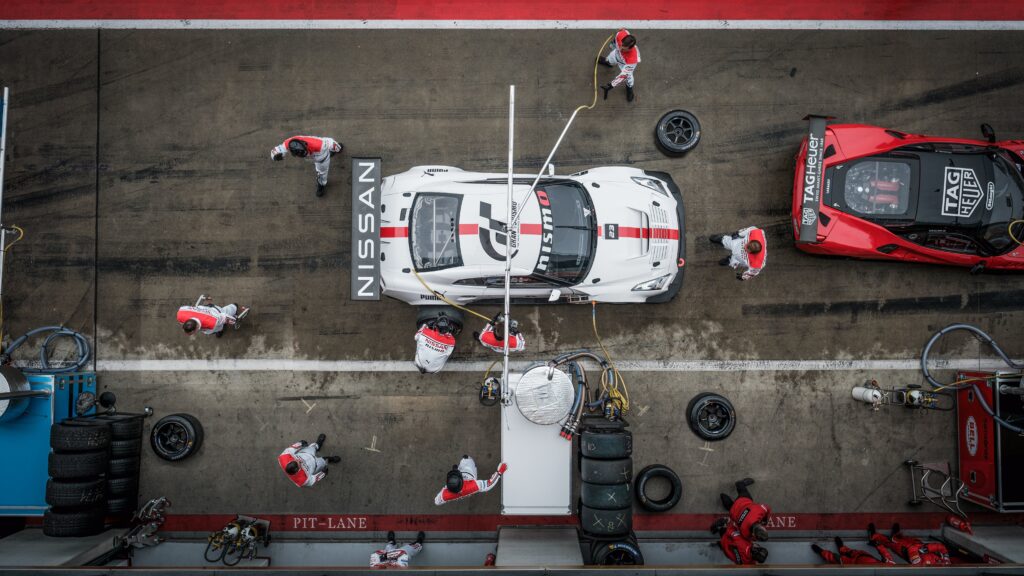
The Origins: From Virtual Sim to Real-World Legacy
To appreciate the full impact of the Gran Turismo film, we must first understand the revolutionary nature of the video game it’s based on.
Launched in 1997 for the original PlayStation, Gran Turismo was the brainchild of Kazunori Yamauchi, a developer with a deep love for cars and motorsport. While most racing games at the time were arcade-style fun, Gran Turismo set out to be the most realistic racing simulator ever created.
It featured painstakingly detailed car physics, real-world licensed vehicles, and faithfully recreated tracks. Yamauchi and his team at Polyphony Digital treated Gran Turismo not as a game, but as a driving simulator that trained players in the fundamentals of racing—handling, tuning, cornering, braking, and strategy.
The franchise became a massive success, spawning numerous sequels and selling over 90 million copies worldwide. But more than that, Gran Turismo created a community of devoted fans who spent thousands of hours mastering every aspect of the virtual cars and circuits.
Then came a wild idea—what if these virtual drivers could race in the real world?
Enter GT Academy, a collaboration between Nissan and Sony launched in 2008. The program aimed to take the best Gran Turismo players and train them to become professional race car drivers. What started as a marketing stunt quickly evolved into one of the most remarkable talent pipelines in motorsport history.
The most famous graduate of GT Academy is Jann Mardenborough, who not only became a professional driver but raced in prestigious events like the 24 Hours of Le Mans. His journey—against all odds and industry skepticism—is the foundation of the Gran Turismo movie.

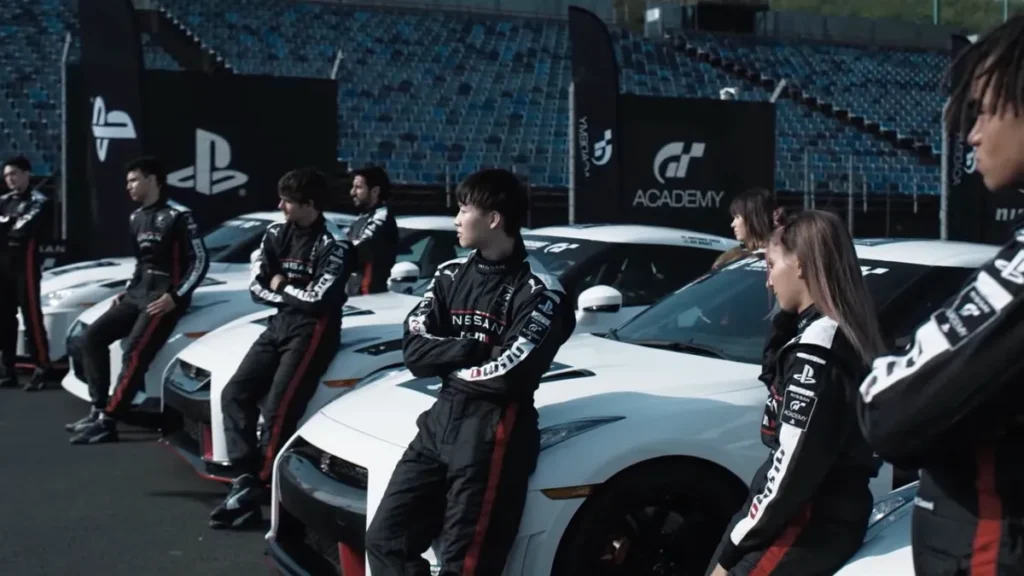
A Story Worth Telling
When Neill Blomkamp was tapped to direct the Gran Turismo adaptation, many were skeptical. Known for his visually gritty sci-fi hits like District 9, Elysium, and Chappie, Blomkamp didn’t seem the obvious choice for an inspirational sports drama.
But his signature “realism” and eye for immersive action turned out to be perfect for the project.
The film follows Jann Mardenborough (played by Archie Madekwe), a young British gamer who dominates Gran Turismo leaderboards but struggles to gain the respect of his footballer father (played by Djimon Hounsou). When Nissan marketing executive Danny Moore (Orlando Bloom, playing a fictionalized version of GT Academy co-creator Darren Cox) pitches a radical idea—turn the best virtual racers into real drivers—Jann’s life changes forever.
Selected to participate in the high-stakes GT Academy, Jann must prove that he’s more than just a gamer. Under the tough guidance of veteran racer-turned-coach Jack Salter (David Harbour), Jann pushes his limits—facing danger, doubt, and tragedy along the way.
The film culminates in a high-stakes international race that demands not just skill, but resilience, growth, and self-belief.
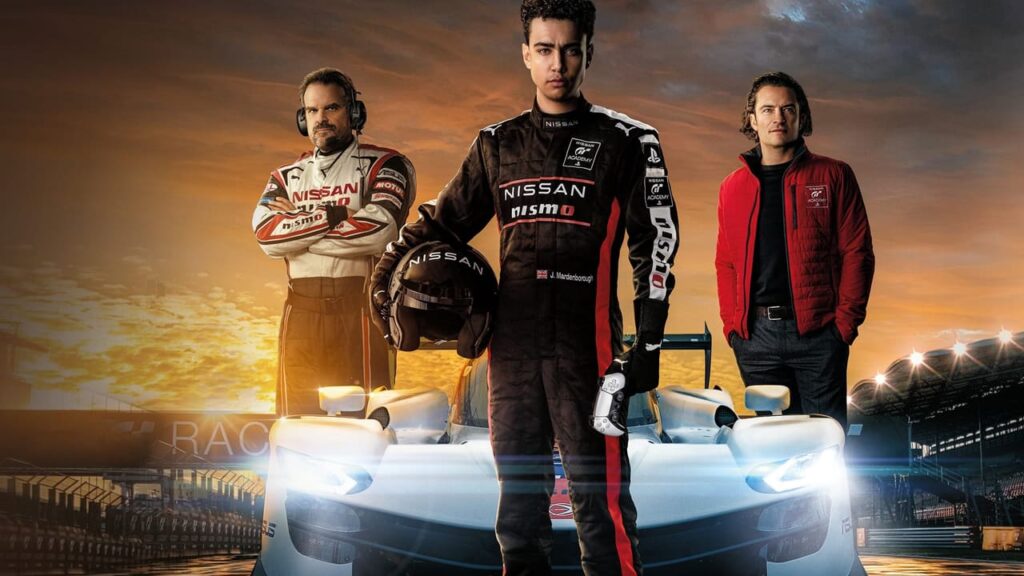
A Deeply Human Underdog Tale
Video game movies often falter because they prioritize style over substance. Gran Turismo, however, excels because it understands that the best sports stories—like Rocky, Rudy, or Ford v Ferrari—aren’t just about the competition. They’re about the people.
Archie Madekwe delivers a heartfelt performance as Jann, portraying a quiet but determined young man caught between two worlds. His love for racing is pure, and his journey from bedroom gamer to professional racer feels authentic. The fact that the real Jann Mardenborough served as the film’s stunt driver adds a remarkable meta-layer of realism and passion to the film.
David Harbour shines as Jack Salter, the skeptical coach who doesn’t believe video game skills translate to real-world racing. Jack’s arc—from cynic to believer—is one of the film’s emotional anchors. His chemistry with Jann develops into a nuanced, father-son dynamic that gives the movie emotional depth.
Neill Blomkamp’s direction is dynamic and thrilling without ever losing the human element. His experience with sci-fi pays off, especially in the use of drone shots and digital overlays to create an immersive racing experience.
But unlike the Fast & Furious franchise, which leans heavily into over-the-top spectacle, Gran Turismo finds beauty in realism. Blomkamp gives us brief, tasteful “gear porn” moments—flashes of piston fire, tire compression, rev meters climbing—but never lets them overshadow the stakes of the race.
The racing sequences feel grounded, immediate, and high-stakes. Every turn, overtake, and mistake matters. The camera work puts you in the driver’s seat without becoming dizzying or gimmicky.
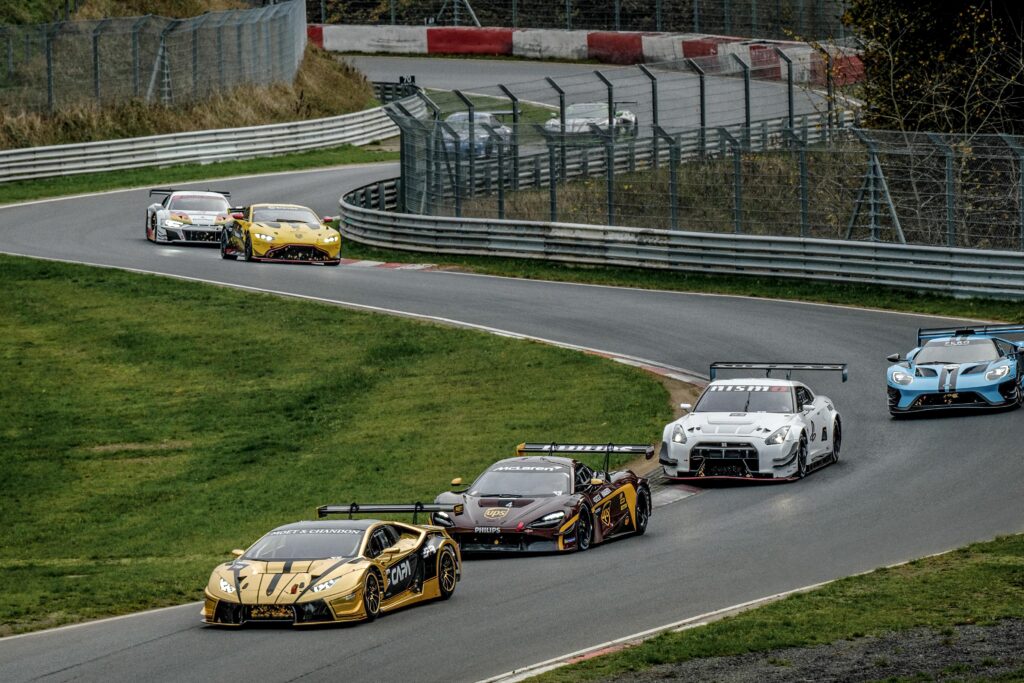
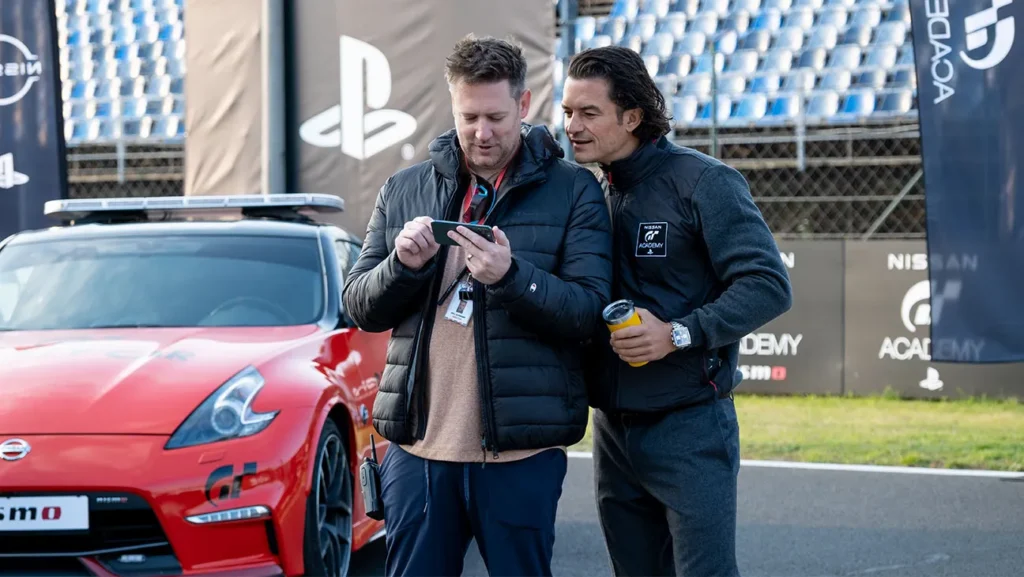
Passion, Persistence, Possibility
Beyond its technical achievements, Gran Turismo is a movie that resonates because of its themes. At its heart, it’s about breaking barriers—between virtual and real, between doubt and belief, and between the limits others place on you and what you’re truly capable of.
The idea that someone could go from gamer to professional athlete seems absurd—until it isn’t. Gran Turismo challenges our assumptions about what qualifies someone as “the best.” It asks: Is expertise measured in years on a track, or in skill, consistency, and commitment, even if it’s developed in front of a screen?
In a world increasingly shaped by digital tools, this is a question with broad relevance.
Jann’s father, portrayed with quiet intensity by Djimon Hounsou, embodies the generational divide. To him, video games are a distraction, not a career. But through Jann’s journey, we see how belief—in yourself and from others—can fuel greatness.
The film doesn’t shy away from the risks of motorsport. Jann’s story includes real-life tragedy, which the film handles with sensitivity and respect. This grounds the film emotionally and reminds audiences that behind every lap is a life.
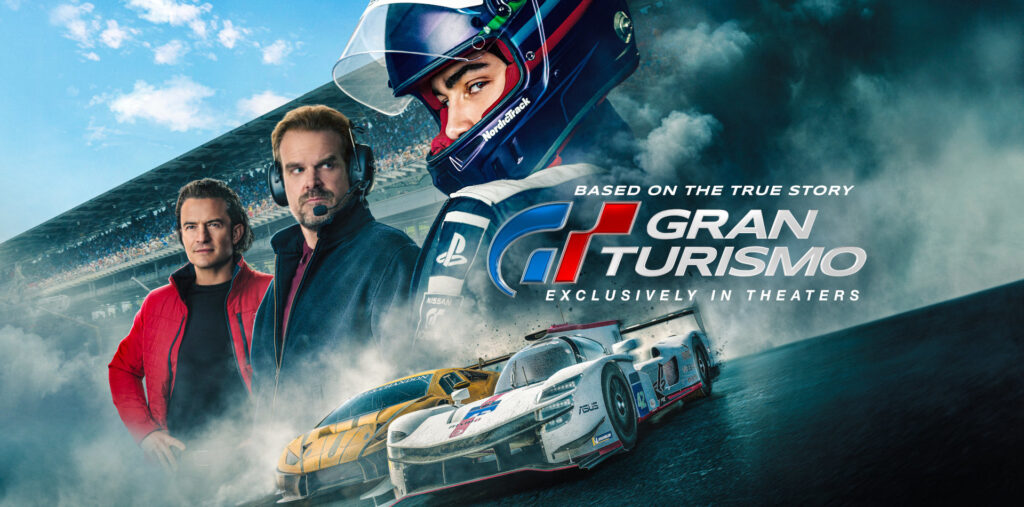
Behind the Scenes : Bringing the Story to Life
The production team behind Gran Turismo was committed to authenticity. Many of the races were shot on real circuits with actual race cars, not just CGI. The stunt work, led by none other than Jann Mardenborough himself, adds a visceral realism that fans of both motorsport and cinema will appreciate.
Having the real-life subject of the film involved in the action scenes isn’t just a cool trivia fact—it enhances the film’s credibility. Mardenborough’s experience, insight, and driving skill ensure that what we see on screen mirrors what happens in the real world of racing.
There are moments in the movie where the visuals shift into the aesthetic of the Gran Turismo game—overlays of the racing line, HUD-style information, and camera angles reminiscent of in-game replays. These moments don’t feel gimmicky. Instead, they celebrate the franchise’s legacy while reinforcing how closely the game mirrors reality.
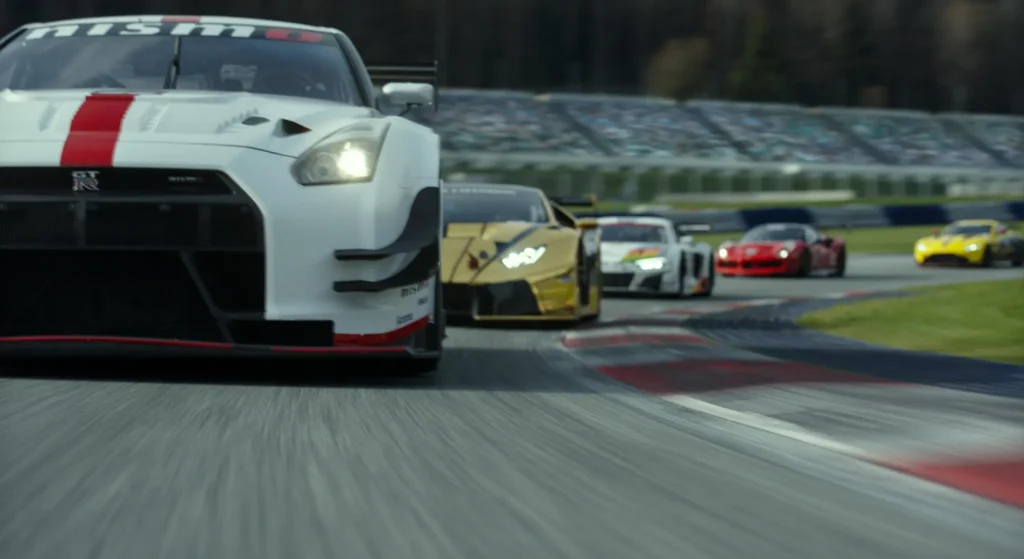
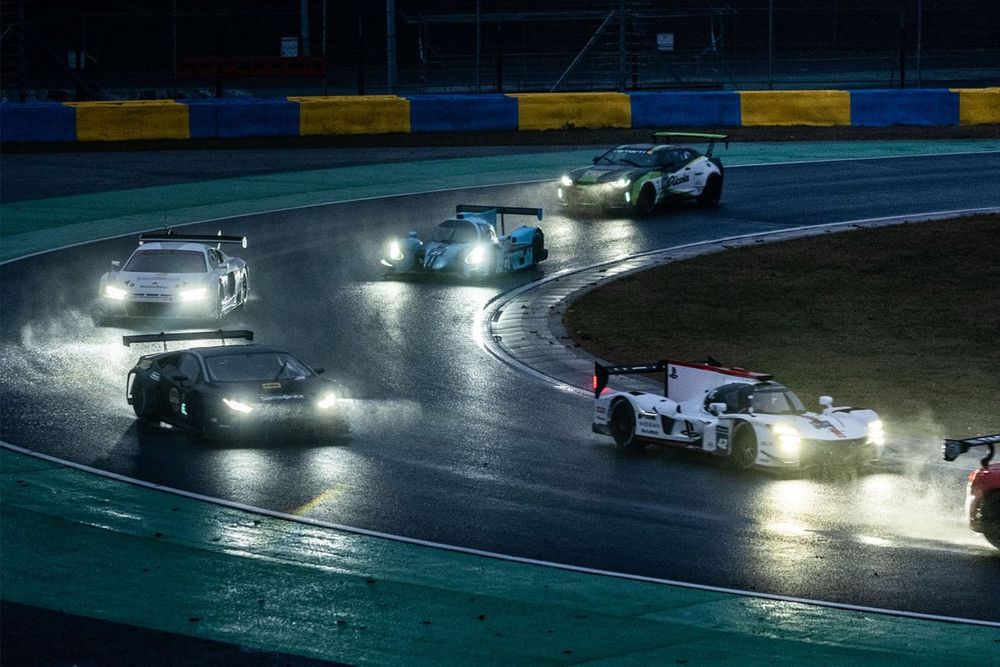
Breaking the Video Game Movie Curse
Historically, video game movies have been box office disasters or critical failures. From Street Fighter to Assassin’s Creed, most adaptations failed to respect the source material or tell compelling stories. But Gran Turismo joins the short list of exceptions—alongside The Last of Us, Detective Pikachu, and Sonic the Hedgehog—that prove gaming stories can translate to meaningful cinema.
Critics praised Gran Turismo for its heart, performances, and grounded approach. Audiences responded positively as well, especially fans of the game who finally saw their passion portrayed with respect and excitement.
A Movie That Goes Way Beyond the Track
Gran Turismo is more than just a racing movie. It’s a statement. It’s a celebration of how technology, passion, and grit can collide to create something extraordinary. It proves that skill developed in unconventional spaces—like a video game—can be just as real, valuable, and world-changing as that developed through traditional means.
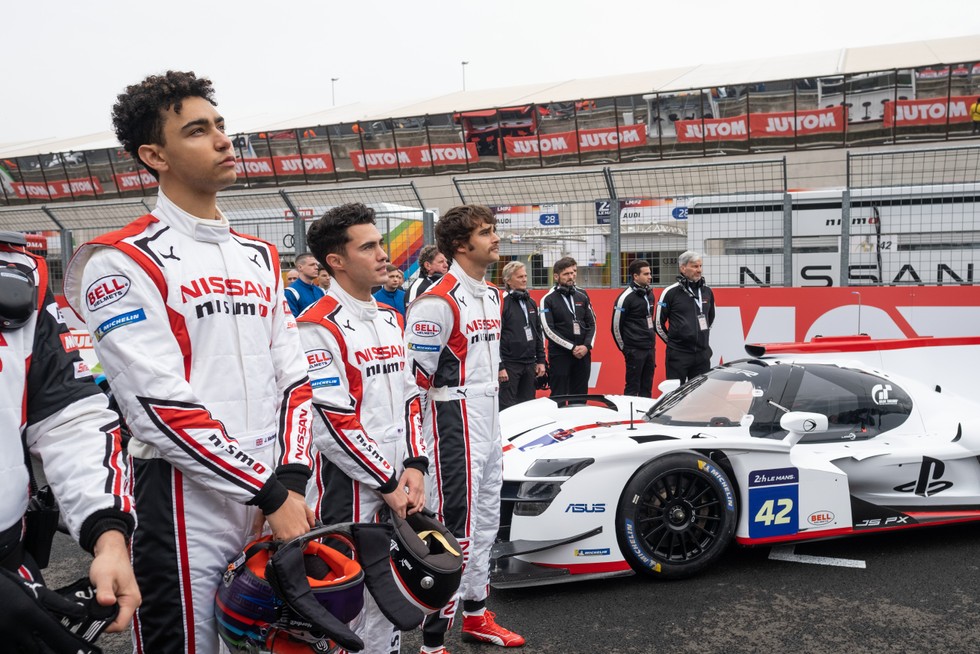
The film asks us to reconsider what makes someone a professional, what it means to chase a dream, and how far belief can take us. For fans of racing, it’s a thrilling joyride. For fans of inspirational stories, it’s a heart-tugging journey. And for gamers, it’s a triumphant validation.
In short, Gran Turismo doesn’t just adapt a game—it transcends it.
Now streaming on Amazon Prime, Gran Turismo is a must-watch for anyone who’s ever been told they couldn’t, shouldn’t, or wouldn’t. Because sometimes, the best drivers in the world start behind a controller.
